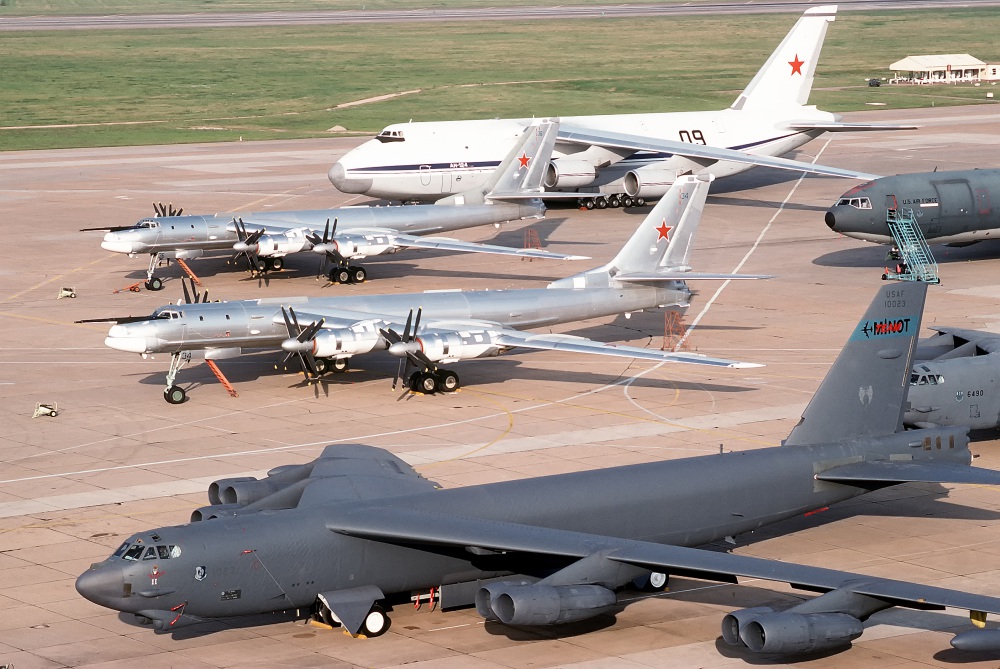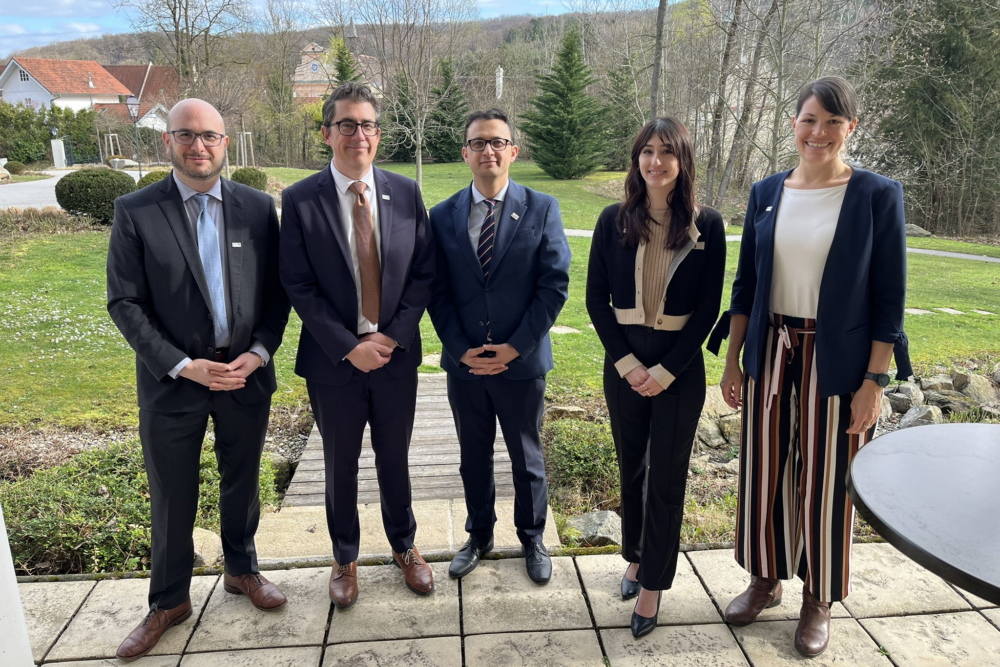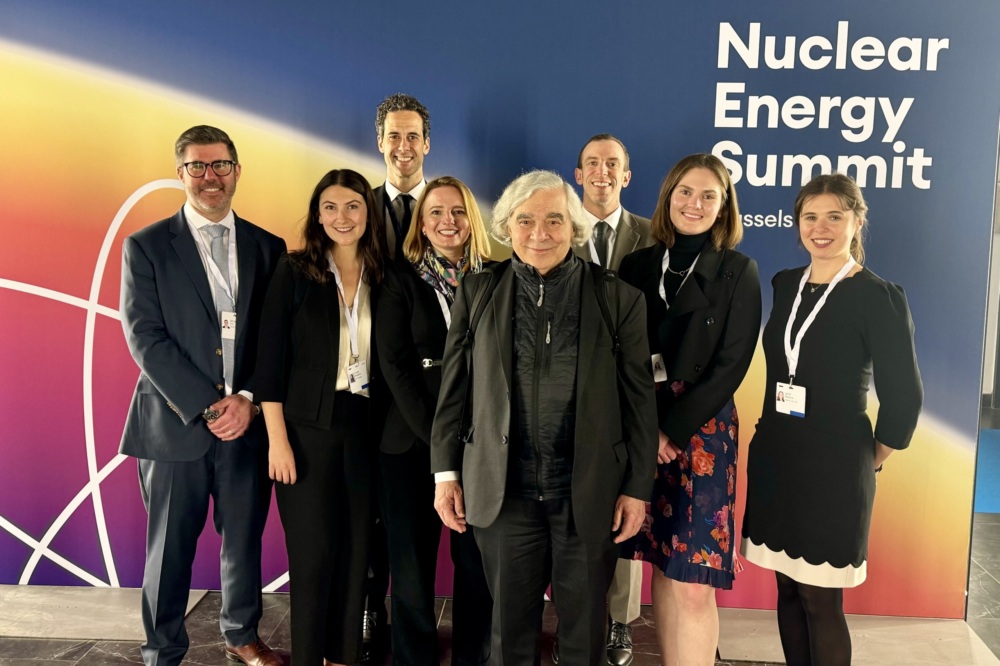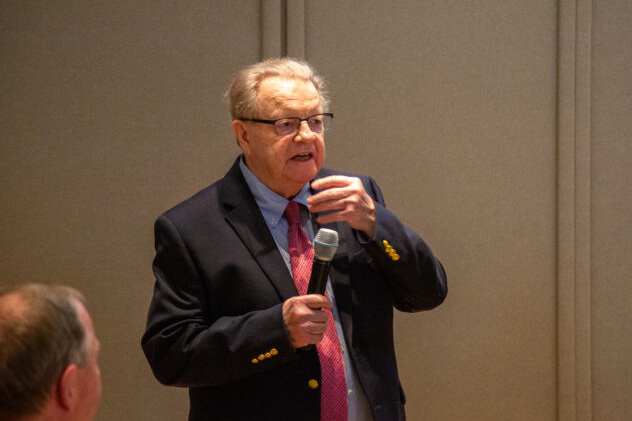
Robert E. Berls Jr., PhD
Senior Advisor for Russia and Eurasia
WASHINGTON, DC—Russia and the West have increasingly divergent interpretations of strategic stability, increasing the risk of nuclear competition, miscalculation and escalation at a time when relations are dangerously frayed, according to a survey of U.S., Russian, and European experts as part of NTI’s Rising Nuclear Dangers series.
The newly released report comes as the United States has announced its intention to withdraw from the Intermediate-Range Nuclear Forces (INF) Treaty in response to Russia’s noncompliance. It is now more important than ever that U.S. and Russian officials engage in a dialogue on strategic stability. “Such talks remain a critically important channel for communication to avoid further deterioration of the U.S.-Russian relationship,” according to the report, Rising Nuclear Dangers: Diverging Views of Strategic Stability (pdf).
While, as the report indicates, there is no single definition, strategic stability is generally understood by experts to refer to a state of relations between nuclear powers that, among other things, minimizes incentives for countries to use nuclear weapons or engage in an arms race.
The NTI survey found:
The report, by NTI’s Robert E. Berls, Jr., Ph.D., Leon Ratz and Brian Rose, recommends increased diplomatic, military-to-military, and expert dialogue to address differing perceptions: “Failure to come to a common understanding of strategic stability and to resolve uncertainties about nuclear policies and conflict escalation leaves Russia and the West dangerously at risk of miscalculation with potentially devastating consequences.”
NTI’s Rising Nuclear Dangers series includes:
Rising Nuclear Dangers: Assessing the Risk of Nuclear Use in the Euro-Atlantic Region
https://www.nti.org/media/pdfs/NTI_Rising_Nuclear_Dangers_Paper_FINAL.pdf?_=1443443566?_=1443443566
(pdf)
Rising Nuclear Dangers: Steps to Reduce Risks in the Euro-Atlantic Region (pdf)
Read NTI’s statement on the INF Treaty developments
About the Nuclear Threat Initiative
The Nuclear Threat Initiative works to protect our lives, environment, and quality of life now and for future generations. We work to prevent catastrophic attacks with weapons of mass destruction and disruption (WMDD)—nuclear, biological, radiological, chemical, and cyber. Founded in 2001 by former U.S. Senator Sam Nunn and philanthropist Ted Turner who continue to serve as co-chairs, NTI is guided by a prestigious, international board of directors. Ernest J. Moniz serves as chief executive officer and co-chair; Des Browne is vice chair; and Joan Rohlfing serves as president.
Sign up for our newsletter to get the latest on nuclear and biological threats.
During the 17th meeting of the Global Dialogue, participants developed plans to ensure successful outcomes at ICONS and leverage that momentum to reinvigorate nuclear security internationally.
NTI advanced key principles from a recent report that outlines pathways for the responsible, sustainable, and effective development of new nuclear projects and industries in embarking countries.
Organization founded by NTI works to strengthen the physical protection and security of nuclear and radioactive materials and facilities worldwide.



